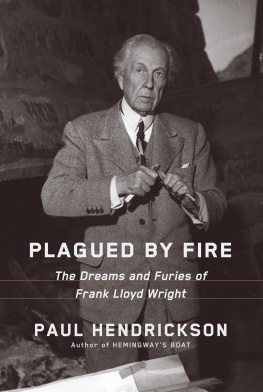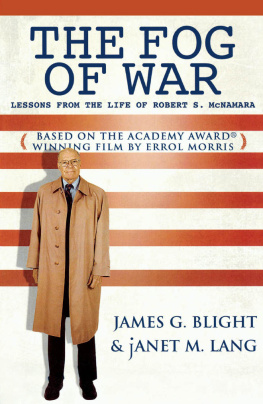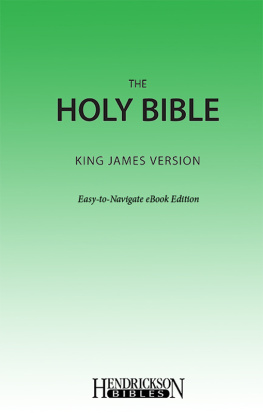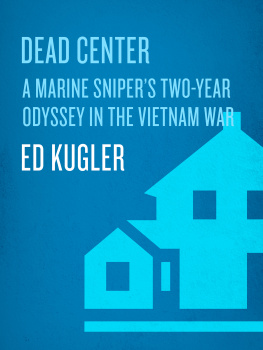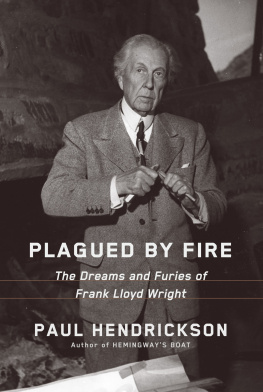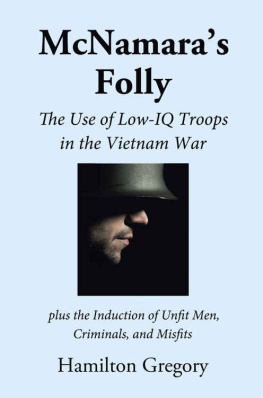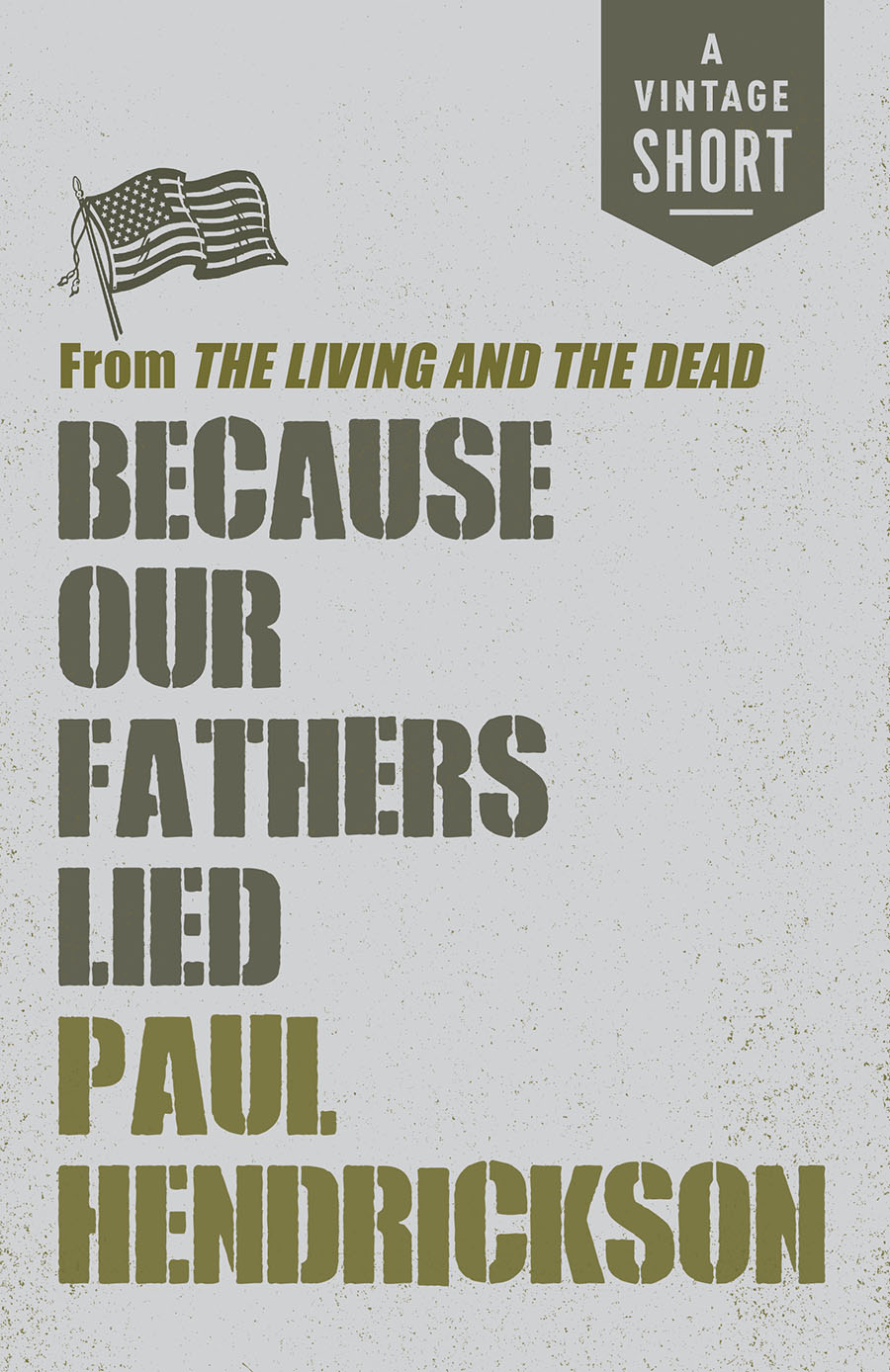Contents
Paul Hendrickson
Paul Hendrickson has been on the faculty of the Creative Writing Program at the University of Pennsylvania since 1998. For two decades before that he was a staff writer at The Washington Post. His books include Hemingways Boat (2012 finalist for the National Book Critics Circle Award for nonfiction), Sons of Mississippi (2003 winner of the National Book Critics Circle Award for nonfiction), Looking for the Light: The Hidden Life and Art of Marion Post Wolcott (1992 finalist for the National Book Critics Circle Award), and The Living and the Dead: Robert McNamara and Five Lives of a Lost War (1996 finalist for the National Book Award). He has been the recipient of writing fellowships from the Guggenheim Foundation, the National Endowment for the Arts, the Lyndhurst Foundation, and the Alicia Patterson Foundation. In 2009 he was a joint visiting professor of documentary practice at Duke University and of American studies at the University of North Carolina at Chapel Hill. He is the father of two grown sons and lives with his wife, Cecilia, outside Philadelphia.
B OOKS BY P AUL H ENDRICKSON
Seminary: A Search
Looking for the Light: The Hidden Life and Art of Marion Post Wolcott
The Living and the Dead: Robert McNamara and Five Lives of a Lost War
Sons of Mississippi: A Story of Race and Its Legacy
Hemingways Boat: Everything He Loved in Life, and Lost, 1934 - 1961
Because Our Fathers Lied
from The Living and the Dead
Paul Hendrickson
A Vintage Short
Vintage Books
A Division of Penguin Random House LLC
New York
Copyright 1996 by Paul Hendrickson
All rights reserved. Published in the United States by Vintage Books, a division of Penguin Random House LLC, New York, and in Canada by Random House of Canada, a division of Penguin Random House Canada Limited, Toronto. Originally published in hardcover as part of The Living and the Dead in the United States by Alfred A. Knopf, a division of Penguin Random House LLC, New York, in 1996.
Vintage and colophon are registered trademarks of Penguin Random House LLC.
The Cataloging-in-Publication Data for The Living and the Dead is available from the Library of Congress.
Vintage eShort ISBN 9780525562399
Series cover design by Cardon Webb
Cover image WDesigns/123RF
www.vintagebooks.com
v4.1_r1
a
Contents
D yings the best
Of all the arts men learn in a dead place.
I walked here once. I made my loud display,
Leaning for language on a dead mans voice.
Now sick of lies, I turn to face the past.
I add my easy grievance to the rest.
James Wright
M y last things will be first things
slipping from me.
Seamus Heaney
F IRST THINGS: Back to that drizzly Friday night in 1972, that half minute of imploded anger in the dark of Vineyard Sound, when a short bearded man in tennis shoes and a murderous rage tried to hurl Robert McNamara off the Marthas Vineyard ferry. What took place there, I think, at an iron-grated railing, between a sixties artist and a figure of immense authority, call him parental authority, was and is the Vietnam War. That half minute seems to stand for it all.
The story, at least the bulk of it, was told to me in one sitting one autumn afternoon in 1985, which is to say thirteen years after it happened. When I first walked up to the artist, who didnt look murderous at all, he was standing in the doorway of the building on Marthas Vineyard where he has long done most of his painting and drawing. He had on tennis shoes and an old canvas shirt and a pair of khakis streaked with oil paint. He was bearded and looked to be in his early fortiesmaybe five feet six in height, maybe 130 pounds in weight. My first thought was that he was much too small to assault anyone. He made no move to invite me inside, just stood in the door with his arms crossed, working an aromatic pipe between thin pale lips. Five minutes earlier, I had spoken to him, for the first time in my life, from a pay phone 200 yards up the road. In the previous week I had made about two dozen calls to Marthas Vineyard and other places, trying to learn the artists name and whereabouts. Then suddenly somebody was saying, yes, he knew right where the artist was, which turned out to be almost within earshot of where he had lived years before. I had flown up to Massachusetts and driven down to Woods Hole and bought a ticket on the ferry and ridden over to the island this day without any notion of whether I might find him home. I was afraid if I tried contacting him in advance, he would get skittish and tell me not to bother. So I decided to do it cold and on my luck.
How do you know it was me? he said from the doorway, chewing on the pipe, speaking softly. I just said, probably not very coherently, that I was writing a book about McNamara and that I couldnt really go on with this part unless he decided to help me. The artist didnt say anything, just kept studying me and working on the pipe. Behind him I could see canvases nailed to wooden frames, in various stages of completion.
Sergeant Welch at Vineyard Haven remembered it was you, I tacked on.
The smallest edge came into his voice, and he came forward half an inch. Well, maybe Sergeant Welch is wrong.
But in another moment I was let in and directed toward a lone chair. His studio was chilly and dimly lit but felt homey, too. A radio was tuned low to classical music. The artist stood across from me and with almost no prompting began telling the story. It seemed to fall out in a lump; all I had to do was scribble. His one stipulation was that I not identify him by name in anything I wrote. I hated hearing it but gave my word. About halfway through, he went over to a wood stove and knelt down and began building up a fire. It was as if the physical act of snapping pieces of kindling in two was helping him to remember small details. Parts of the story were enacted, and not just for my benefit, I suspect. When he got to the moment where the posing messenger turns wordlessly on the man behind him, the artist said, standing just above me, his movements in pantomime: It was a pivot, you see, like this. One, two, three, then Ive got him, hes in the air, hes going over.
That evening I rode back to the mainland thinking I had just rubbed the Rosetta stone of all the anger of the sixties.
A year later I went back to Marthas Vineyard and interviewed the artist again. I went for several reasons: to clarify some details of the incident, as he had described them; to ask if he would consider changing his mind and allow me to use his name in print; to inquire whether his reliving of the story for me the year before had seemed to alter anything in his life or work or maybe even in his feelings about the man he had attacked (inasmuch as my own feelings about the same man seemed capable of abrupt reversals). And, not least, to ask about the two friends who were traveling with him on the ferry that night. Because in the intervening year, as I found myself thinking and talking about this part of the book, I was told by several people that one of the two young men who had ridden down from Vermont with the artist in the pickupwho more or less supported what he did on the M. V. Islander that evening, if not exactly egged it onwas himself the son of a powerful American figure. A figure not involved in the war as such, but prominent in public life. In fact, several people who are frequenters of Marthas Vineyard told me they were almost positive it was this mans son, and not the artist (whom I was careful not to name), who had tried to hurl McNamara off. Even though I knew that not to be the case, there suddenly seemed another level of resonance to the story: pained sons assaulting important men who in a figurative sense could be their own fatherswell, if not assaulting, at least hanging in the vicinity while an assault goes on.


